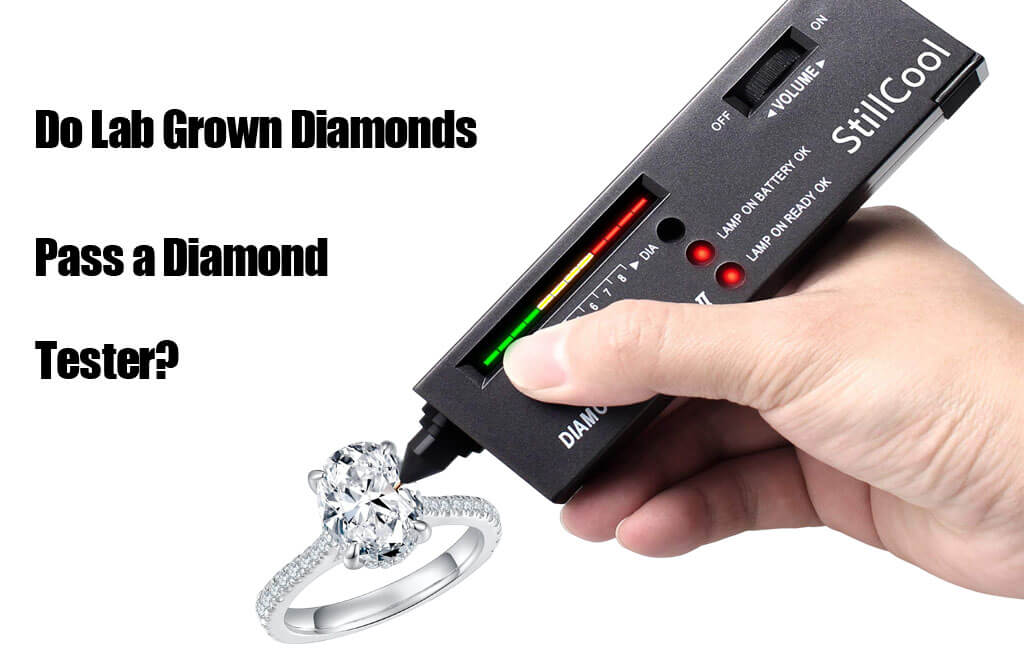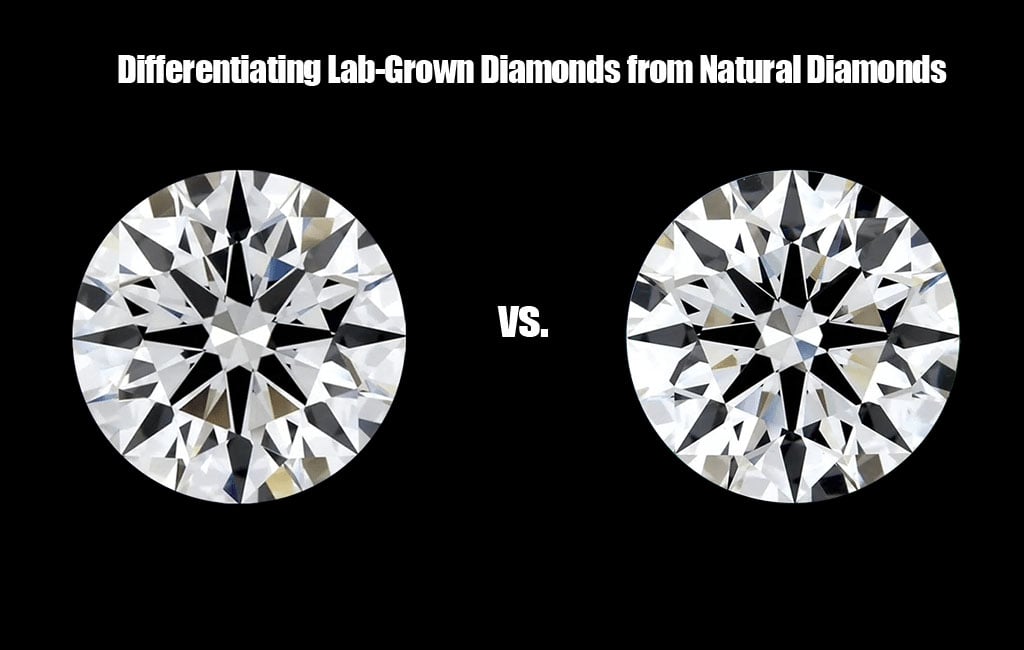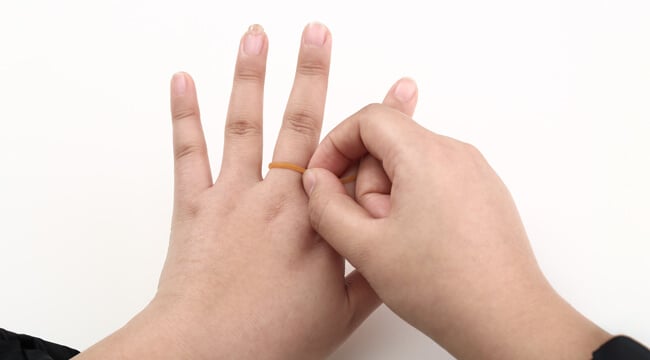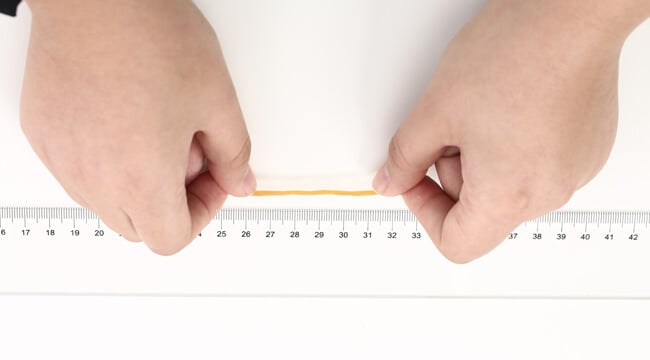In the world of gemstones, diamonds have always been a symbol of luxury, elegance, and everlasting love. However, with advancements in technology, the jewelry industry has witnessed a significant transformation, giving rise to lab-grown diamonds. These man-made gems are nearly identical to their natural counterparts, but a pressing question remains: Do lab-grown diamonds pass a diamond tester? In this comprehensive article, we’ll delve into the fascinating world of lab-grown diamonds and explore whether they can stand up to the scrutiny of a diamond tester.
Understanding Diamond Testers
A diamond tester is a handheld or electronic device used to determine whether a gemstone is a real diamond or a simulant, such as cubic zirconia or moissanite. The primary function of a diamond tester is to detect the thermal conductivity of a gemstone, as diamonds have a unique thermal conductivity compared to most other gemstones.
Here’s how a typical diamond tester works:
Thermal Conductivity Test: Diamonds are excellent conductors of heat, so they disperse heat rapidly. When you touch a diamond tester’s probe to a real diamond, it quickly absorbs and disperses the heat, causing the device to register a genuine diamond.
Measurement Display: Diamond testers typically have a display that indicates whether the gemstone is a real diamond or a simulant. Some testers use a scale or numerical value to represent the result, while others simply have binary indicators (e.g., “diamond” or “not diamond”).
It’s important to note that diamond testers are not foolproof and have limitations. While they are useful tools for quickly distinguishing between diamonds and common simulants, they may not provide accurate results for all types of gemstones.
Can Lab-Grown Diamonds Pass a Diamond Tester?
The short answer is yes, lab-grown diamonds can indeed pass a diamond tester. Lab-grown diamonds possess the same thermal conductivity as natural diamonds since they share the same crystal structure. This similarity makes it challenging for standard diamond testers to differentiate between the two.
You may want to know does moissanite pass the diamond tester
Differentiating Lab-Grown Diamonds from Natural Diamonds
In situations where conventional diamond testers fall short, unable to differentiate between two seemingly identical stones, there are specialized resources that can discern a mined diamond from its lab-grown counterpart.
One such innovation is DiamondView, a creation of the prestigious Gemological Institute of America. This remarkable tool harnesses the power of ultraviolet (UV) lighting to unravel the distinctions between various types of precious stones.
When scrutinized under DiamondView’s UV illumination, a natural diamond typically exhibits straight and uniform growth patterns. In contrast, lab-grown diamonds tend to reveal captivatingly curved patterns, setting them apart from their earth-mined counterparts.
Moreover, another distinguishing characteristic emerges under DiamondView’s scrutiny: lab-grown diamonds glow with a subtle phosphorescence, while their mined counterparts remain unaltered in this regard. This sophisticated technology empowers gemologists and enthusiasts alike to unravel the secrets hidden within these exquisite stones, ensuring that the authenticity of each precious gem is confidently ascertained.
The Importance of Certification
For consumers seeking the utmost assurance, certified lab-grown diamonds are the way to go. GIA and IGI are well-known organizations that provide certification for both lab-grown and natural diamonds. These certificates include details about the diamond’s origin and composition, giving buyers peace of mind.
Conclusion
In the world of gemstones, the question of whether lab-grown diamonds can pass a diamond tester is a nuanced one. While they can often deceive traditional testers, advanced methods like UV testing and spectroscopy provide a reliable means of differentiation. To ensure you are making an informed purchase, opt for certified lab-grown diamonds, backed by reputable gemological laboratories.
FAQs
Are lab-grown diamonds cheaper than natural diamonds?
Yes, lab-grown diamonds are typically more affordable than their natural counterparts, making them an attractive option for budget-conscious buyers.
Do lab-grown diamonds have the same brilliance as natural diamonds?
Yes, lab-grown diamonds exhibit the same sparkle and brilliance as natural diamonds due to their identical chemical composition and crystal structure.
Are lab-grown diamonds considered ethical and sustainable?
Yes, lab-grown diamonds are often viewed as a more ethical and sustainable choice since they do not involve the environmental and ethical concerns associated with traditional diamond mining.
Can lab-grown diamonds be distinguished from natural diamonds by the naked eye?
In most cases, lab-grown diamonds are indistinguishable from natural diamonds to the naked eye. However, advanced testing methods may be required for absolute certainty.
Where can I purchase certified lab-grown diamonds?
You can find certified lab-grown diamonds at reputable jewelers and online retailers. It’s essential to choose a trustworthy source to ensure the authenticity of your purchase.







